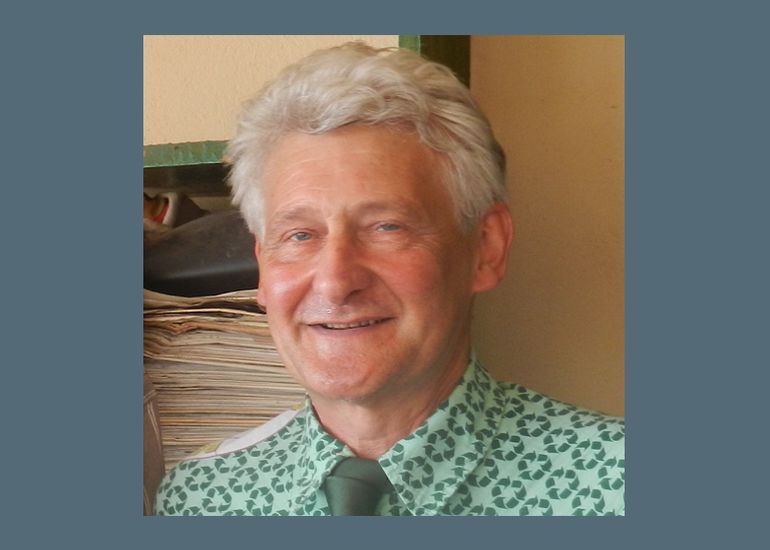Decolonizing the Future - Computer Science Is not Just Science/Engineering Anymore As It Used to Be in the Old Days
Hans Akkermans explores the shifting identity and role of computer science in geopolitical power struggles, emphasizing the need to prevent digital colonization.

April 8th 2025
- 17:00 – 18:00 CEST
- TU Wien, Faculty of Informatics, FAV Hörsaal 3 Zemanek
-
1040 Vienna, Favoritenstraße 9-11
Ground Floor, Room HH EG 01
About the Event
To advance the interdisciplinary dialogue between informatics, humanities, and politics, TU Wien Informatics, the Institute for Human Sciences (IWM), the Austrian Federal Ministry of Innovation, Mobility and Infrastructure (BMIMI), TU Wien Informatics Doctoral School and the Center for Artificial Intelligence and Machine Learning (CAIML) cooperate within Digital Humanism Initiative.
Digital Humanism is at the forefront of current debates concerning human-technology interaction. In March 2022, TU Wien Informatics, the Center for Artificial Intelligence and Machine Learning (CAIML), and IWM launched the Digital Humanism Fellowship to foster academic exchange across disciplines and institutional boundaries.
On April 8, 2025, Hans Akkermans, Digital Humanism Visiting Professor at TU Wien and IWM Visiting Senior Fellow, discussed the new role of computer science as an instrument for major powers to colonize the world, while advocating for the “decolonization of the future”.
Abstract
Scanning through the history of Computer Science (incl. personal experiences and anecdotes), we observe that there have been and are many different images of what Computer Science (CS) is. Once it was a “New Kid on the Block” in the STEM scientific hierarchy of the “exact” sciences (“practically very useful, but not really scientific”). Now it is hailed as the geopolitical key to a global Digital Transformation that is proclaimed to revolutionize every sector of society and economy (not to forget War and Peace). CS, however, has had major difficulty in acknowledging and coming to terms with its own social and societal nature; but with an outdated self-image it is not ready for the future. CS is becoming an instrument for major powers to colonize the digital world and from there the “real” world, in ways reminiscent of what the 19th century colonial powers did during the Industrial Revolution. The (also scientific) task at hand is then to Decolonize the Future. In line with such a reverse perspective, the talk will end, not with Q&A, but with an A&Q session.
About the Speaker
Hans Akkermans is professor of Business Informatics (emeritus) at Vrije Universiteit Amsterdam. He is the Founding Director of the interdisciplinary Network Institute at Amsterdam that studies the interaction between digital technology and society, in which researchers from the faculties of social sciences, humanities, law, economics, and informatics participate. He has worked for many years in knowledge engineering & management, information systems and innovative e-business modelling, with for example applications and innovations in smart electricity distribution networks and the sustainable energy transition that have been internationally field-deployed and are now in industrial and commercial use. His current research interests focus on the interdisciplinary research, education and community service program W4RA (Web alliance for Regreening in Africa). He is co-chair of DigHum’s Curriculum Working Group. He holds a cum laude PhD in theoretical physics in the field of nuclear reactions from the University of Groningen.
Slides
Here you can download the slides:
Download the slides.
Video
If you watch this video, data may be transmitted to third parties.
Watch on YouTube: https://youtu.be/k1VqS9WT1gA

